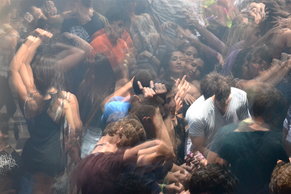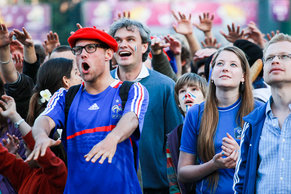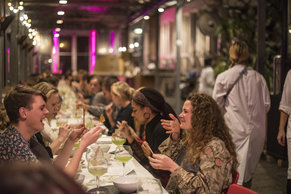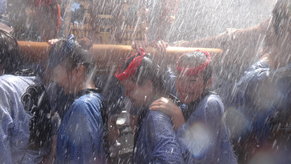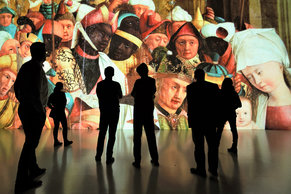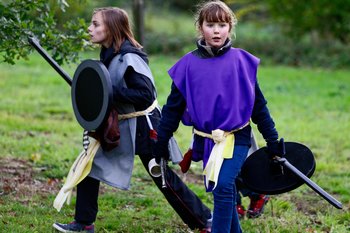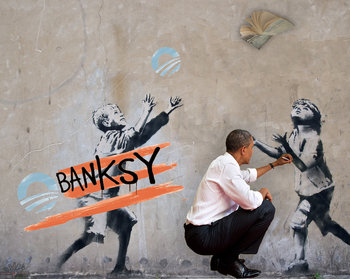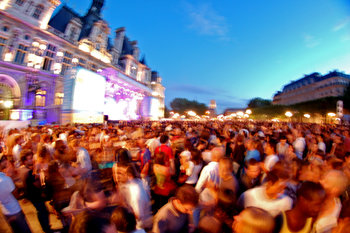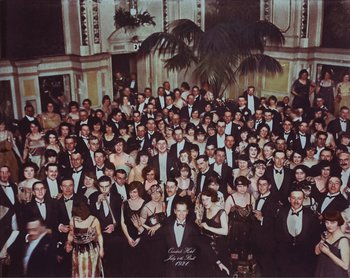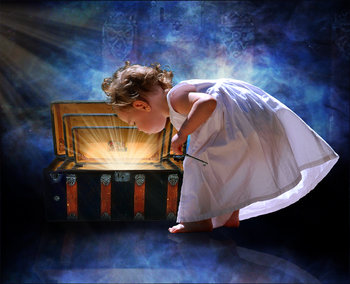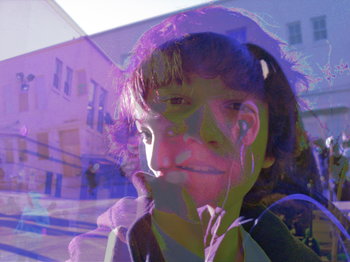
Cooperative Games
A game that allows players to work together as a team. In many cases, this may be required to complete levels.
Alternate Reality Game
Games that take place in both the real world and within digital tools with a narrative that is driven by participant responses.
Video Game
Any game that includes a digital user interface as a primary element including 2D, 3D and virtual reality interfaces.
Augmented Reality
Games that take place in the real world with overlaid sensory information. For example, a game that injects fictional characters into the real world and possibly subtracts things that exist from the player's view.
Virtual Reality
A fully digital game that offers an immersive sensory experience that feels close to real.
Pervasive Game
Any video game that includes real world elements such as augmented reality or alternative reality games.
Massively Multiplayer Online
An online game that allows a large number of players to interact, cooperate and compete in a persistent virtual world.
Role Playing Game
A game where you play the role of characters to develop a narrative. These include both tabletop and video games. Role playing games have a rich history and culture. For example, the culture of choosing a gamemaster who acts as a game organizer, arbitrator and moderator for a game.
Simulation
Games that simulate real world activities such as life, sports, piloting vehicles, activities or development of things ranging from civilizations to farms.
Sandbox
A game with an expansive world that players can explore and decide what to do.
Strategy
Games that require strategic thinking and execution to win.
Real Time Strategy
Strategy based video games that allow players to move at any time such that speedy thinking is rewarded.
Turn Based Strategy
Strategy games that are based on turns such that the quality of your strategy is a more essential element than time.
Tactics
Games that are focused on the immediate situation in a game as opposed to strategy that requires long-term thinking. As with strategy, tactical video games can be either real time or turn-based.
Adventure
A game of exploration whereby players assume the role of a protagonist in a narrative. Adventure games often have challenges based on puzzles, strategy or action sequences.
Action
Video games that constantly challenge a player's hand–eye coordination, reaction-time and spatial reasoning at speed. For example, games that feature combat, obstacle courses or sports simulations.
Puzzles
Puzzles that challenge mental abilities in areas such as spatial reasoning, logic and knowledge.
Mystery
The solving of mysteries given clues.
Interactive Fiction
Storytelling that allows participants to change the course of the narrative. This can include books, media and films that allow the audience to participate. Interactive fiction can also occur in the context of a game world such as an adventure game with a player influenced narrative.
Game of Chance
Games where the outcome is mostly or completely the result of random chance such as the throw of dice.
Game of Skill
Any game where a player's performance improves with time due to the cultivation of skills, knowledge and talents.
Physical Game
Games that include a physical activity such as dancing that is scored.
Casual Game
A video game that is easy to learn and play such that it has mass appeal. These are able to attract people who don't normally play video games.
Incremental Game
A game that features repetitive tasks known as grinding that gives players frequent rewards that may stimulate positive feelings.
Idle Game
Some incremental games require such minimal user interaction that they continue playing if the user does nothing at all. In other words, the user need do nothing but launch the game to rack up points and other rewards.
Mod
A mod is a game that has been altered by players or other third parties. These vary from cosmetic changes to complete overhauls of a game. Mods may be encouraged by game developers as they can improve a game and create a culture of participation in the game's design.
Board Games
Games based on a 2D physical playing surface.
Card Games
Any game based on playing cards such as poker.
Collectible Card Games
Cards sold in randomized packs that represent game elements such as creatures, spells and tools. These are typically strategy games whereby each card has unique powers, abilities and artwork.
Tabletop Game
Any game that is typically played at a table including board games, card games, dice games and paper-based games.
Educational Game
Games designed for learning including elements such as memorization through repetition, experiences in a virtual world, designing things, experimentation and social interaction.
Serious Game
A game that is used to produce real world results in areas such as training, business processes, market research and decision making.
Gamification
The practice of incorporating game elements into non-game applications. For example, a business tool that continually provides feedback, points and rewards to keep employees engaged and to encourage them to optimize their work.
Art Game
The use of video game techniques to create interactive art and media.
Social Game
Any game that people meet to play or that allows people to communicate in a virtual setting.
Party Game
Board games, video games and other game formats such as conversation games that are designed to be played at a social gathering. This includes a variety of sub-categories such as family games, children's games and ice breakers that may be used at meetings and events.
Conversation Game
A game that is played verbally without any equipment or physical elements whatsoever. Often used to kill time when waiting for something.
A game with fixed rewards with a competition between players or AI to outdo each other. This includes games that are win-lose with no possibility of multiple players walking away as the winner.
Lose-Lose
A game with no rewards with a competition to minimize losses.
Win-Win
A game where rewards can be increased. Often games have no cap on the points or number of rewards that can be collected.
Summary
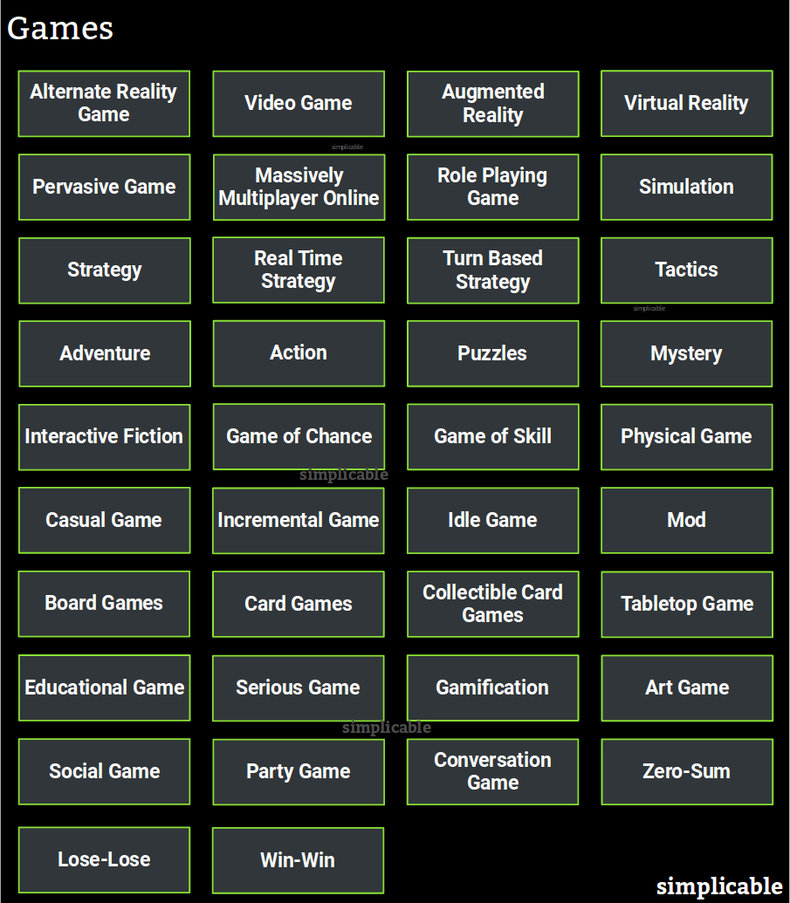
| Overview: Games | ||
Type | ||
Definition | Structured forms of play. | |
Related Concepts | ||


